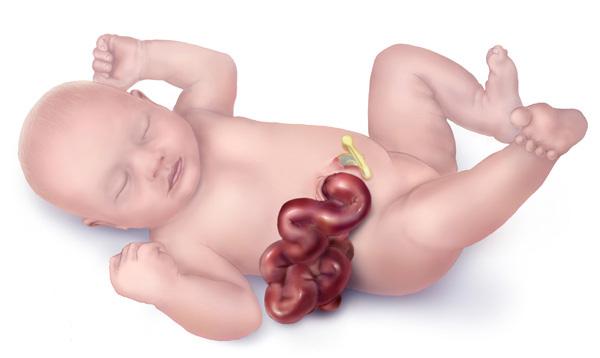
Newborns need surgery when they are born with congenital abnormalities. This means that some organs did not form in the right way before birth and there is a need to perform neonatal surgery to correct the anatomy to allow that organ to function properly. Mr Giuliani is an expert neonatal surgeon, and he is dedicated to making your baby better. He emphasises the importance of performing neonatal operations in the most accurate and precise way to guarantee the best outcome for life.
What are the most common reasons a newborn might need surgery?
The most common conditions requiring surgery in the neonatal period are:
- Oesophageal atresia (the upper part of the oesophagus connects to a small pouch instead of the lower oesophagus and stomach)
- Congenital diaphragmatic hernia (failure of the diaphragm muscle to close during development, causing contents from the abdomen to move up into the chest cavity)
- Gastroschisis (abnormality of the abdominal wall in which the intestines are found outside the baby’s body)
- Omphalocele (a hole in the belly button causes abdominal organs to end up outside their body)
- Imperforate anus (the opening of the anus is missing or blocked)
- Hirschsprung’s disease (an intestinal blockage caused by the lack of movements in the last portion of the bowel)
- Intestinal atresia (blockage or obstruction in the intestine)
- Intestinal perforation (a hole or rupture in the intestines)
- Inguinal hernia (when abdominal organs come through the inguinal ring in the groin due to its failure to close properly during development)
Hypertrophic pyloric stenosis (the acquired thickening of the valve at the end of the stomach causing projectile vomiting)


What are the risk factors? Are premature babies more likely to need surgery?
In general, consanguinity (blood relation) is the main risk factor for congenital abnormalities. This happens when the mother and father are related. Other risk factors, such as smoking and drug use during pregnancy, are associated with gastroschisis. Premature babies are at risk of developing an acute inflammation of their intestine (necrotising enterocolitis) that can require an operation, and, they also have a high incidence of inguinal hernias.
Written by: Stefano Giuliani
Written on: 05.09.18
 Neonatal surgery: fixing congenital abnormalities
Neonatal surgery: fixing congenital abnormalities
Newborns need surgery when they are born with congenital abnormalities. This means that some organs did not form in the right way before birth and there is a need to perform neonatal surgery to correct the anatomy to allow that organ to function properly.
"Our daughter was first operated on by Mr Giuliani when she was just 2 days old. This was not planned and a bit of a shock to say the least! However, having met Mr G, we were very reassured, as we knew she was in the very best hands. We have seen Mr Giuliani many times over the last few years for further operations, and general consultations. Our first impressions have definitely been proved correct. He is at the forefront of his field, and keen to use the latest research to improve the long-term management of our daughter's condition. Furthermore, we are (probably) not the easiest parents to deal with, yet he has always been very happy to take the time to answer the myriad of questions - big or small - that we ask. She is now just about to turn 3 and is absolutely thriving. This is in no small part down to the excellent care we have received from Mr Giuliani and his team. Thank you!"

Get in Touch
 Video consultations available -
Video consultations available - 